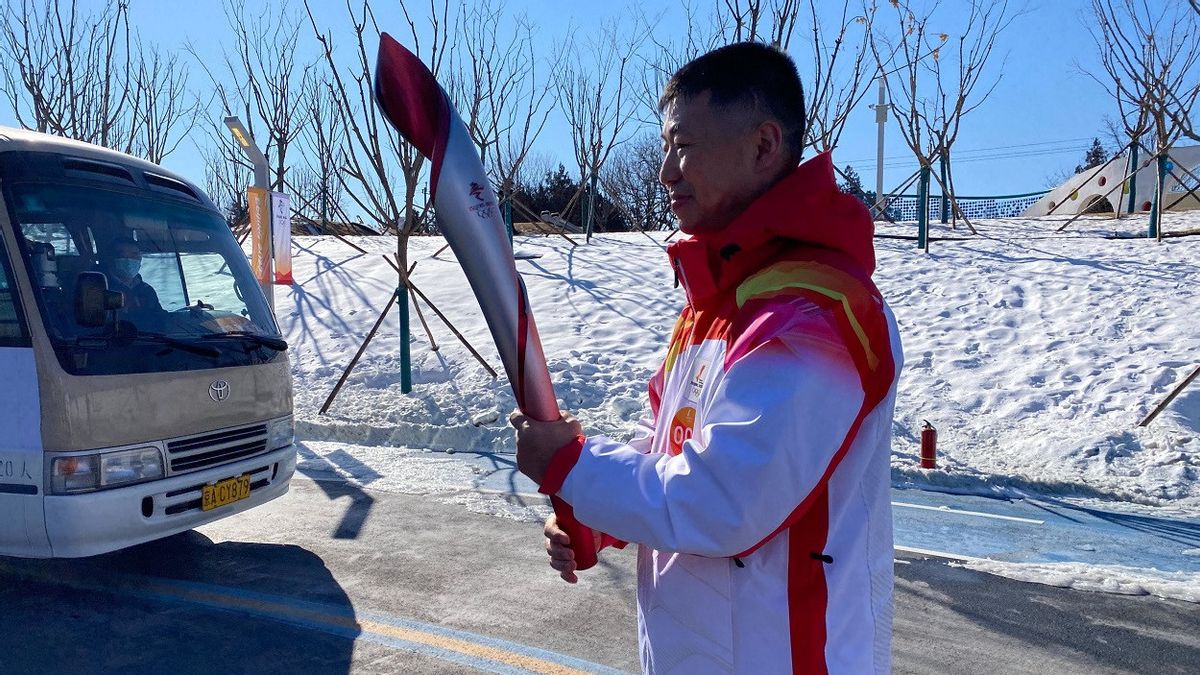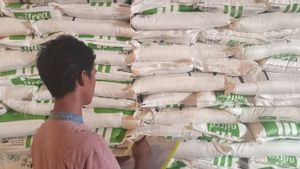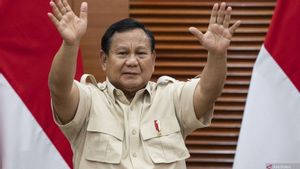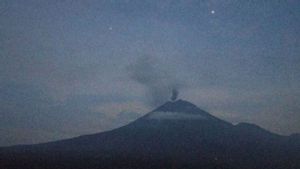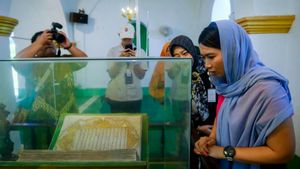JAKARTA - India on Thursday announced a diplomatic boycott of the 2022 Beijing Winter Olympics, after a commander involved in the 2020 border clash between the two countries emerged as the Olympic torch bearer in the torch relay ahead of the Games.
The decision was prompted after pictures showed People's Liberation Army (PLA) commander Qi Fabao honored as one of about 1,200 people carrying the Olympic torch as he moved across the Olympic competition zone ahead of the lighting of the Olympic cauldron Friday night.
"It is regrettable that the Chinese side has chosen to politicize an event like the Olympics," Arindam Bagchi, a spokesman for India's Ministry of Foreign Affairs, said in a televised address, citing CNN Feb. 4.
Qi Fabao, a regiment commander of the Xinjiang People's Liberation Army (PLA) Command, who suffered serious head injuries during clashes between Chinese and Indian troops at the Galwan Valley border on June 15, 2020
The clashes broke out with soldiers on both sides using sticks, stones and bamboo spikes in the deadliest border clash between the two nuclear-armed neighbors in more than 40 years.

Both sides accuse each other of exceeding the de facto boundary, the Line of Actual Control (LAC) that runs along the western sector of the Galwan Valley.
Quoting The Star from SCMP December 10, 2021, Lieutenant Colonel Qi Fabao, who has recovered from his injuries due to the clash, stated that he was ready to return to duty again.
"I am ready to return to the battlefield and fight again," he said.
The clash in the barren mountains between Chinese-controlled Aksai Chin and Indian-controlled East Ladakh is the worst conflict between the two countries in decades.
The clashes claimed the lives of Chinese battalion commander Chen Hongjun, along with three of his members, Chen Xiangrong, Xiao Siyuan and Wang Zhuora. While on the Indian side, it was stated that around 20 soldiers were killed, including Colonel Santosh Babu.
The Chinese side said the clashes began when Qi and his soldiers were 'ambushed' by Indian soldiers, as they crossed a waist-deep river to negotiate a border violation. However, the Indian side blamed the fighting on the PLA who crossed the line and carried out provocations.

After Qi was rescued, transported by helicopter and finally taken to a hospital in Chongqing, he underwent several major surgeries, according to the report. Qi is also said to have been in a coma as a result of the incident.
The incident seriously damaged China-India diplomatic relations and sparked a military confrontation between the two nuclear-powered neighbors, who share a disputed border that stretches thousands of kilometers through the Himalayas.
"If an army is like a sharp sword, the courage and honesty of a warrior is the blade of the sword. We are not afraid of sacrifice, and we have always held to the belief that it is better for us to sacrifice our lives than to lose an inch of our territory," Qi said at the meeting. China's top military elite last year, citing the June 11 Global Times.
In June last year, Chinese President Xi Jinping issued the July 1 Medal, the highest honor given to members of the Communist Party, posthumously to Chen Hongjun, whose wife gave birth to a son four months after his death. Meanwhile, three soldiers were posthumously awarded first-class service awards.
India also gives awards for its heroes. Which posthumously awarded Colonel Santosh Babu the second highest military honor, the Maha Vir Chakra, for fighting China 'until his last breath.'
The English, Chinese, Japanese, Arabic, and French versions are automatically generated by the AI. So there may still be inaccuracies in translating, please always see Indonesian as our main language. (system supported by DigitalSiber.id)
